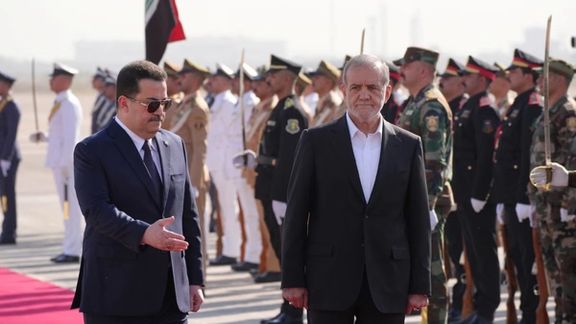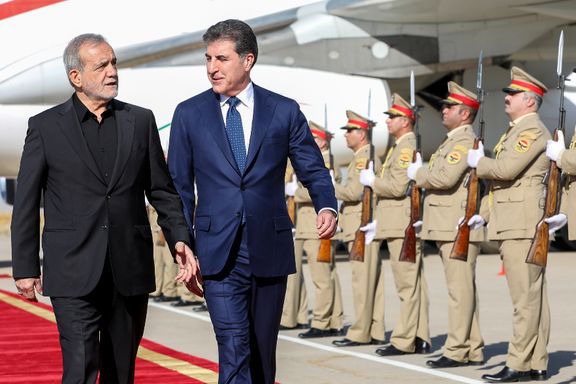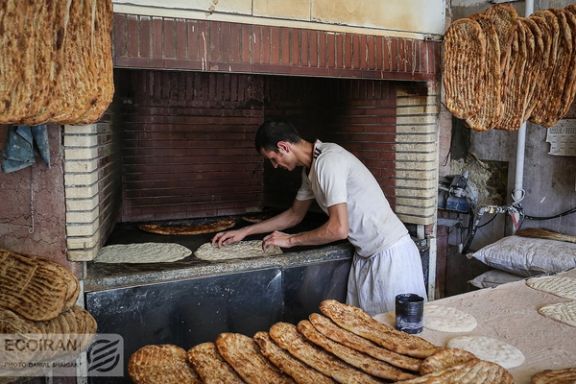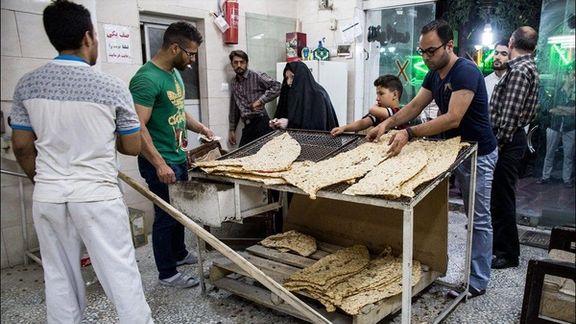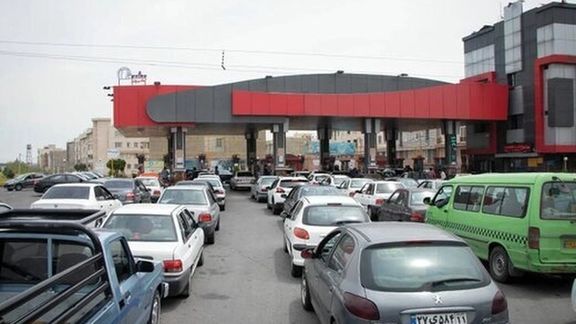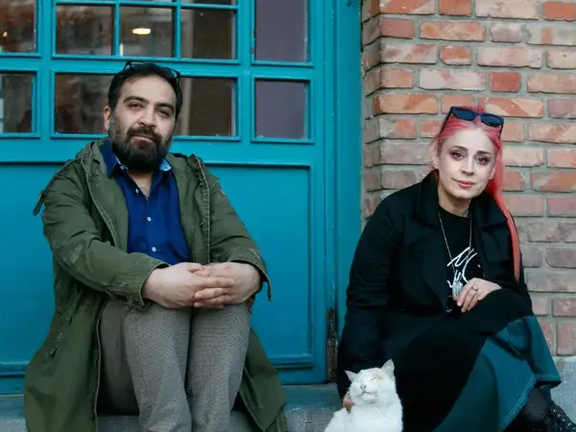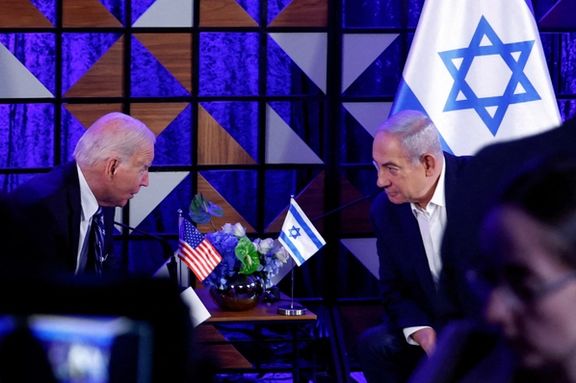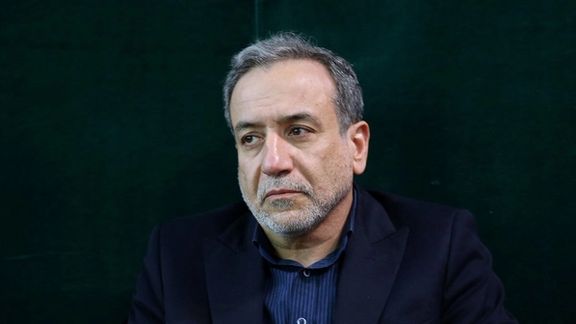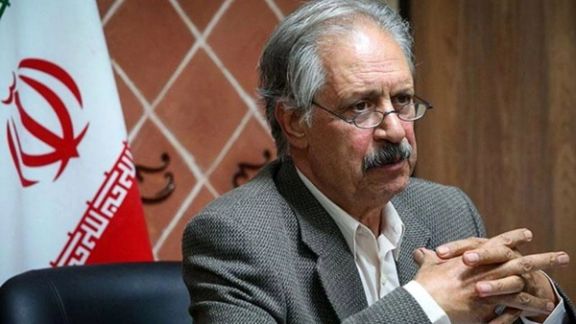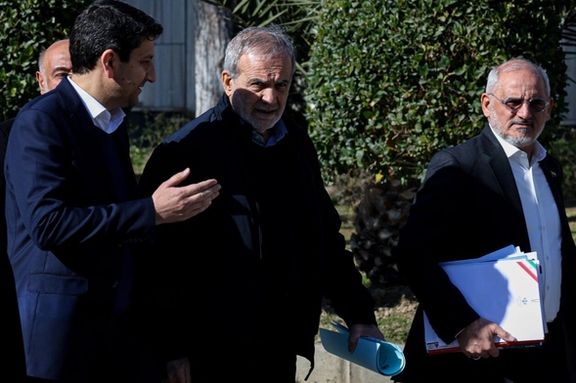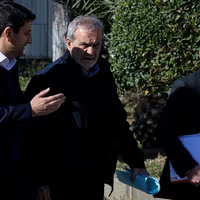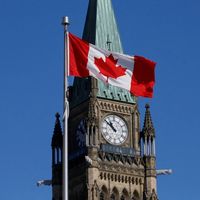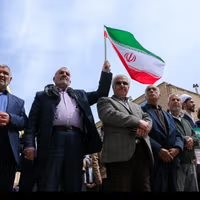“Never once did the Americans threaten an attack on Iran - not once - they only talked about ‘defending’,” he said, speaking on condition of anonymity. He argued that the lack of a firm stance has emboldened Tehran, increasing security threats to the region and compromising Israel's safety.
“The US uses soft terminology, and it has zero deterrent effect,” he added, meaning that the proxies Iran has across Israel’s borders remain as big a threat as ever.
Since Iran-backed Hamas’s invasion on October 7, 2023, Israel has been bombarded almost daily with rocket, missile and drone attacks on its northern border from Iran’s biggest proxy, terror-listed group Hezbollah. Other projectiles have been fired at Israel from Iran’s proxies in Iraq, Yemen and Syria.
While the US is urging a ceasefire, that to Israel, would mean surrendering to Hamas, “it places us at huge risk across the country by sending a message to terrorists that they have won” he explained.
“They are treating Hamas like they have always treated Iran, with kid gloves,” the security chief said. “We have Hezbollah in the north, multiple terror groups including Hamas in the West Bank, the Houthis sitting on the Red Sea in the south as well as Hamas, and Syria. That’s not to mention Iraq,” he added.
As the US presidential elections approach, the Biden administration is desperate to go out with a bang, sealing a ceasefire deal to win over the Democratic electorate as the death toll in Gaza mounts and 101 Israeli hostages remain in the strip.
“The Gaza war has been totally manipulated around the elections and the Iranians can see that,” he added. “It plays right into their hands. But more importantly, Bibi [Israeli Prime Minister, Benjamin Netanyahu] also sees that and he won’t be pressured for the sake of someone’s political gains in the US.”
On Monday, the US State Department spokesman, Vedant Patel, spoke of “getting a ceasefire deal across the finish line” which critics see as meaning sealing a deal for Biden before he leaves office.
Patel acknowledged the risks of tensions spreading, citing the need for security “not just in the immediate Gaza Strip and the surrounding areas but the region broadly, and the benefits that it [a ceasefire] could have when it comes to peace and stability and calm and the reduction of tensions in the West Bank as well.”
Currently, 60,000 Israelis have been displaced from Israel’s north amid the conflict with Hezbollah and as many or more Lebanese have been displaced in Lebanon.
“One of the reasons we continue to be so committed to a ceasefire and getting one across the finish line is because of the benefits that it could have in the north for creating the conditions so that both Israeli and Lebanese civilians could be able to return home,” Patel said.
President Joe Biden has been slammed at home and abroad for his weak stance on Iran which since his taking office, has seen Iran enrich uranium close to weapons grade levels, increase illicit oil sales, and implement high level diplomatic hostage diplomacy, despite global sanctions.
Last year alone, five US citizens held unlawfully in Iran were released in exchange for $6bn worth of frozen Iranian funds.
